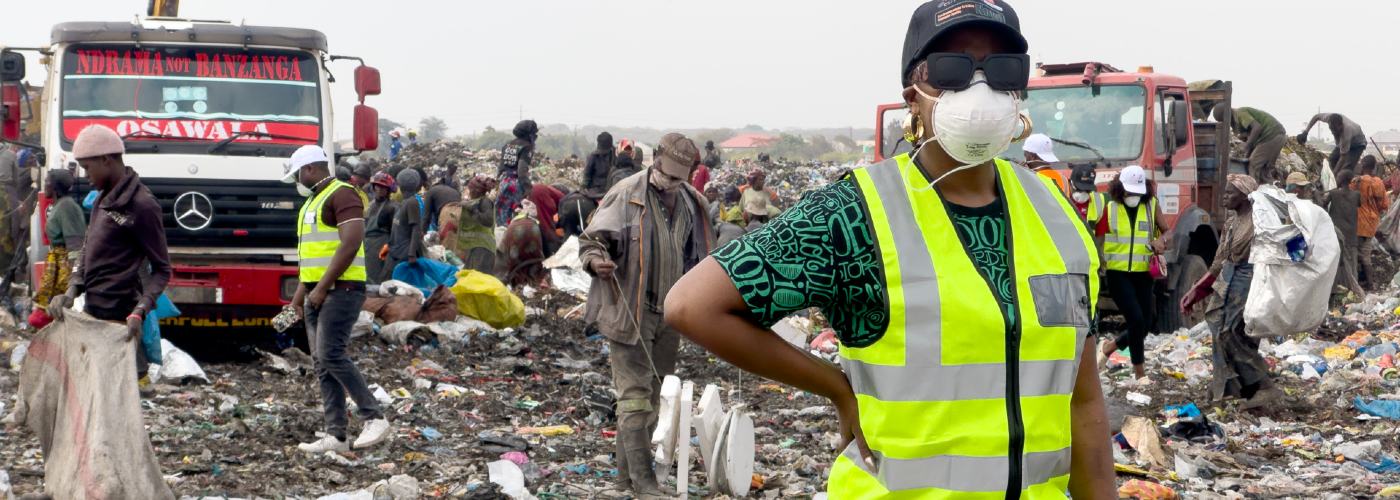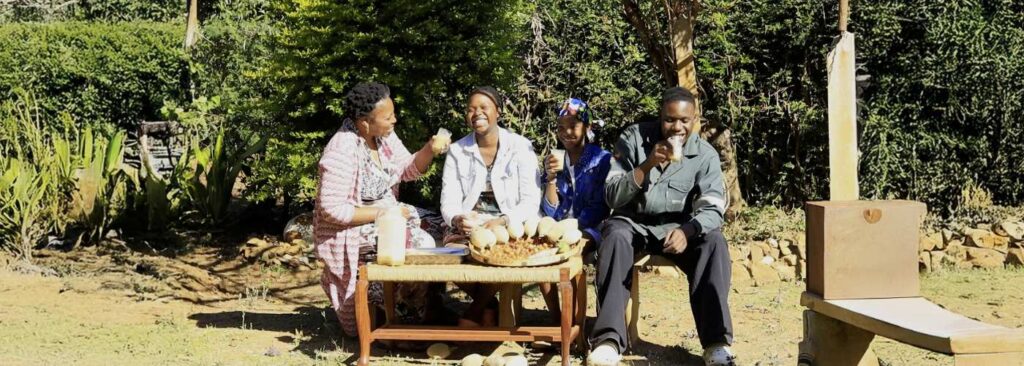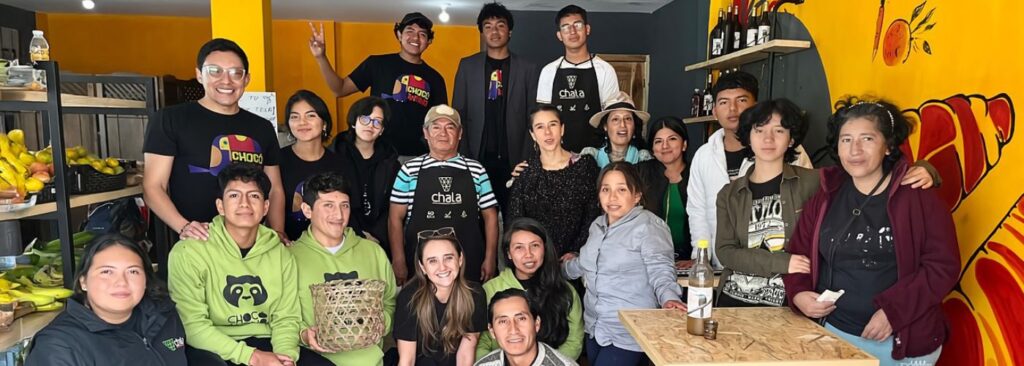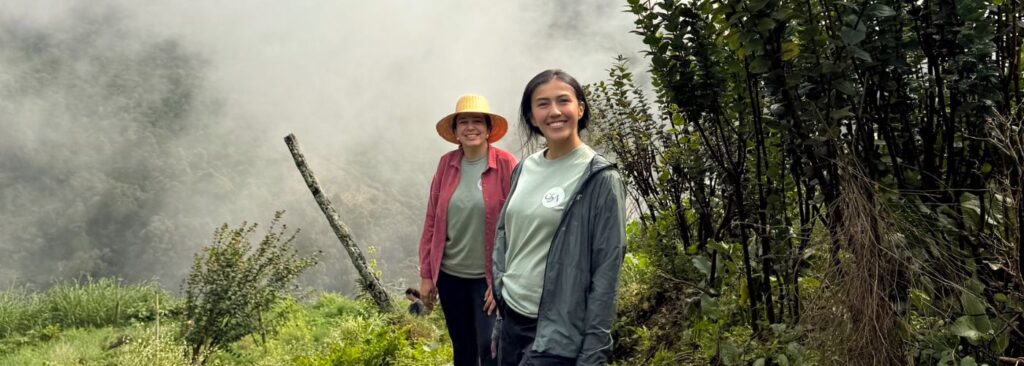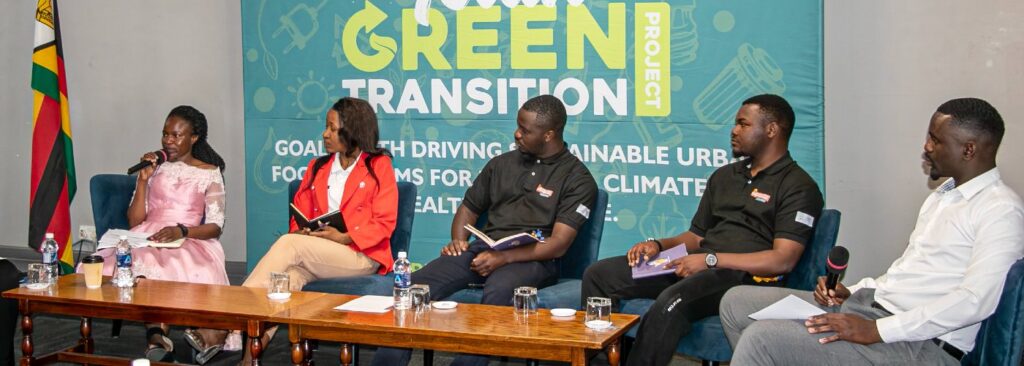Asking tough questions about the environment in Zambia
November 12, 2025
Joseph Mwenda is a popular figure in Zambia because of his hard-hitting investigative journalism. In May this year, his outlet – the News Diggers – a digital media company focused on investigative journalism, was about to release a documentary on Chinese operations in Zambia. Among them, mining companies blamed for water and soil contamination, acid spills, and other types of environmental degradation. A court injunction halted the documentary’s scheduled release.
Although the film eventually aired after appeals to the Lusaka High Court by News Diggers, this is one of the challenges of reporting on environmental issues in Zambia. Large corporates can wield their power to prevent media coverage of their harmful actions.
Joseph Mwenda was our guest at an event in Lusaka recently. Our Strengthening Respect for Environmental Rights in Zambia (SR4ER) program held a micro-conference called Amplifying Environmental Rights Voices to train 40 journalists from across Zambia in climate and environmental reporting. Experienced senior journalists shared stories, tips, and insights on how the journalists could make more impact with their work.
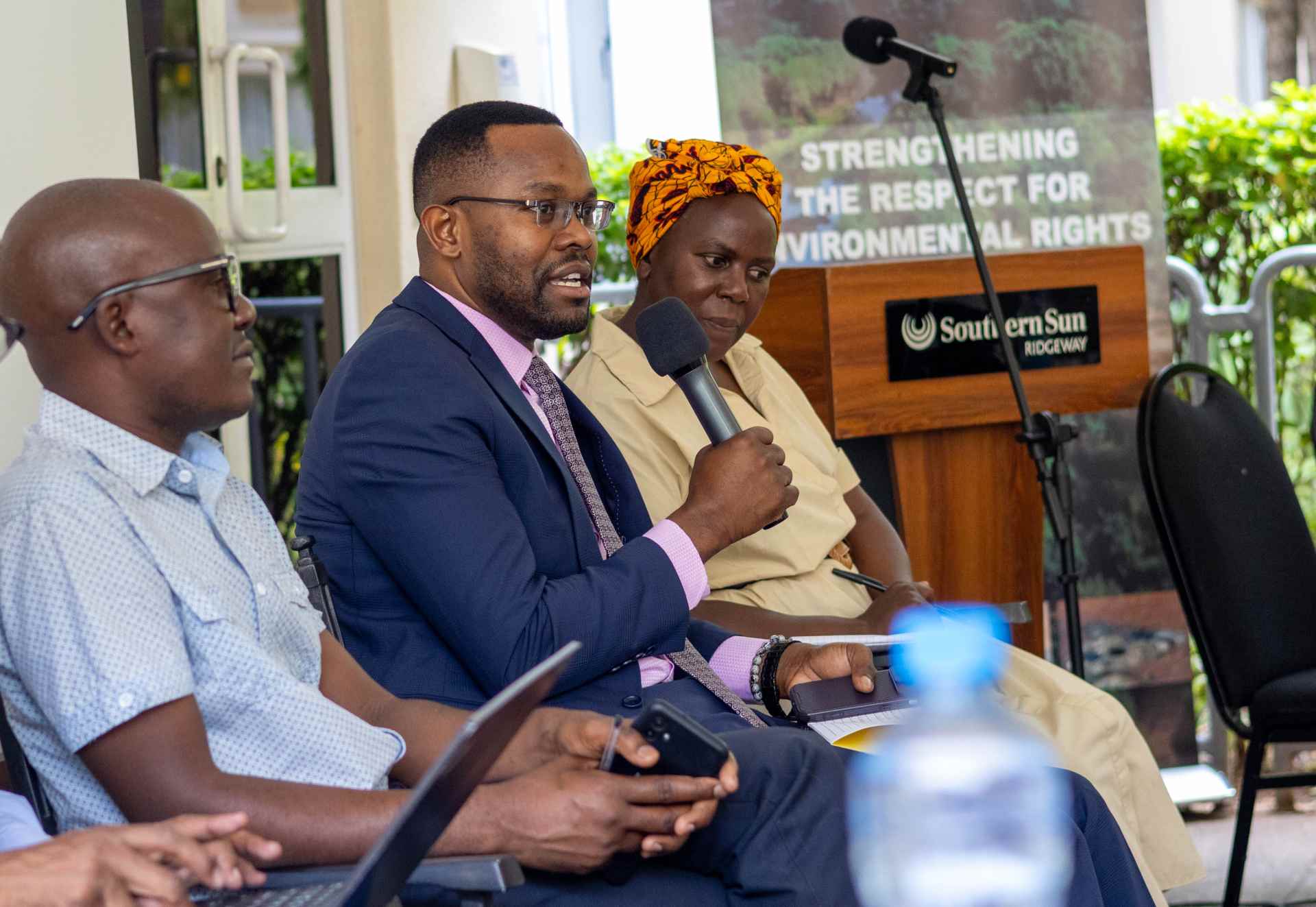
“If you are not angering anyone, you’re not doing a good job”
As Joseph told participants how News Diggers has become a recognizable standard for investigative journalism, he stressed that they need to have a spirit of defiance if their work is to stand out.
“If your investigations and reports don’t anger anyone, then you aren’t doing a good job,” he said. “I have constantly received calls from people, including threats or offers for ‘lunch’ just so the work I’m about to publish is stopped. When we wanted to publish the [China] documentary, that court injunction showed us we were on the right path.”
Joseph helped deepen the journalists’ understanding of how the media can both challenge the status quo and influence policy changes and action. He also made clear that the media has a huge responsibility to educate and inform the general public.
Mentorship from the frontlines
Another guest speaker providing insight and inspiration was Grevazio Zulu, a news editor and TV presenter for the Zambia National Broadcasting Corporation (ZNBC). He’s renowned for his interviews with top government officials that delve beyond the surface of issues to serve the public good.
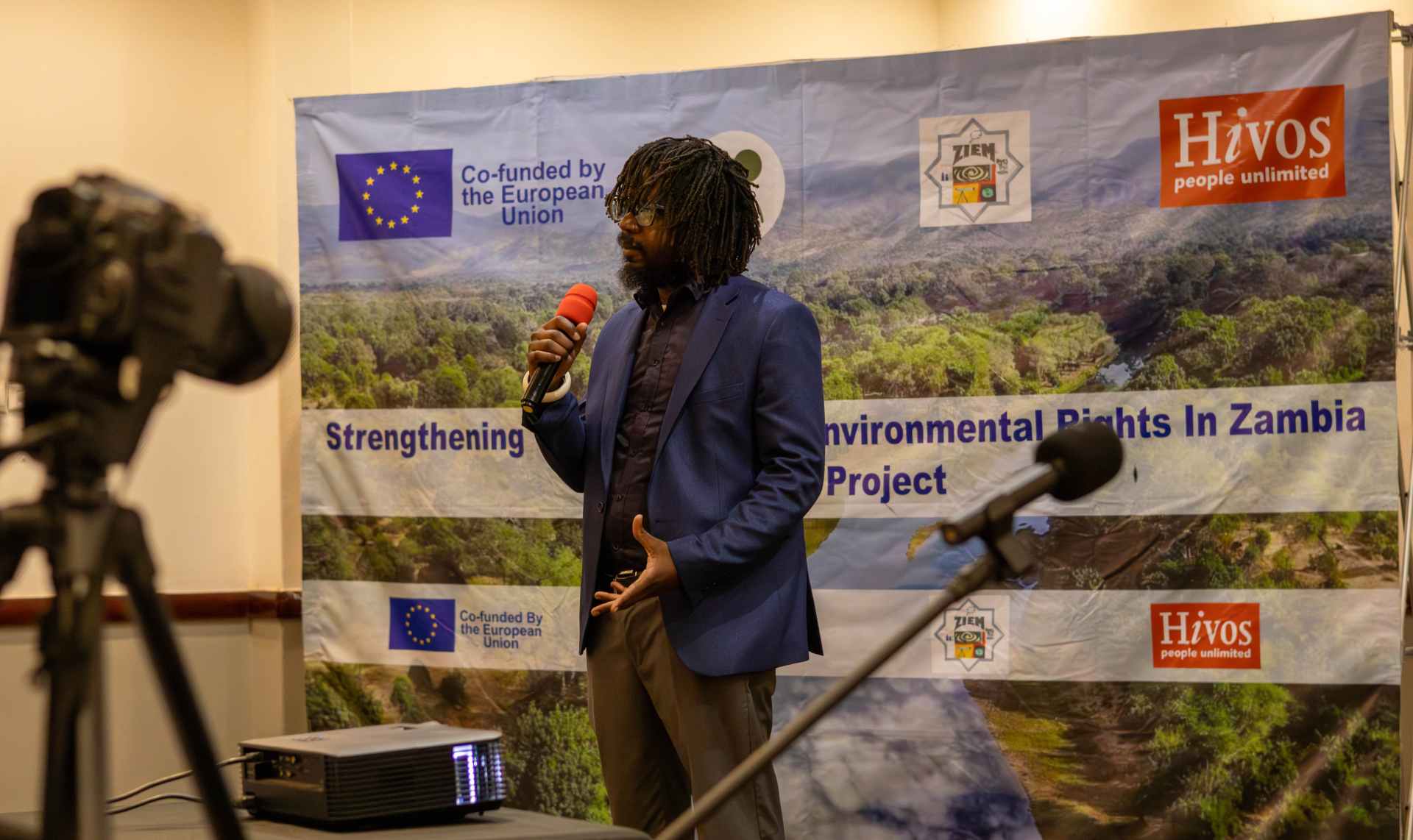
He pointed out that journalists, especially those working on niche topics such as environmental reporting, had to work twice as hard for those stories to make headlines.
“Traditionally, you will notice that editors choose politics to be the main news. But you have a chance as environmental reporters to create exciting news that the editors cannot ignore. You must persevere but also be creative in finding the story beyond the surface,” he said. “My experience is that whenever the news is sexy, or groundbreaking, then it cannot be ignored. That’s the level you must go to.”
He advised collaborating with environmental scholars or organizations focused on climate action such as Hivos in order to produce hard-hitting content.
Hands-on learning: a dumpsite exercise
One group of participants visited Chunga dumpsite, Lusaka’s largest waste disposal area, to witness firsthand the environmental angles they could take. The visit included a guided tour by the site’s lead engineer who showed them everything from tons of garbage to informal waste pickers working without any protection.
One glance at the dumpsite revealed the potential source of multiple health and environmental issues plaguing Lusaka, like yearly cholera outbreaks and the pollution sickening residents living close to the dumpsite. There was no end to health hazards in every direction of the mountain of waste.
“The Chunga dumpsite visit opened my eyes, especially after the training we had,” journalist Nkole Ngulube said. “I realized how much is left untold about the human stories behind waste and pollution. There are so many angles we can take, and we need to bring these stories to our audiences.”
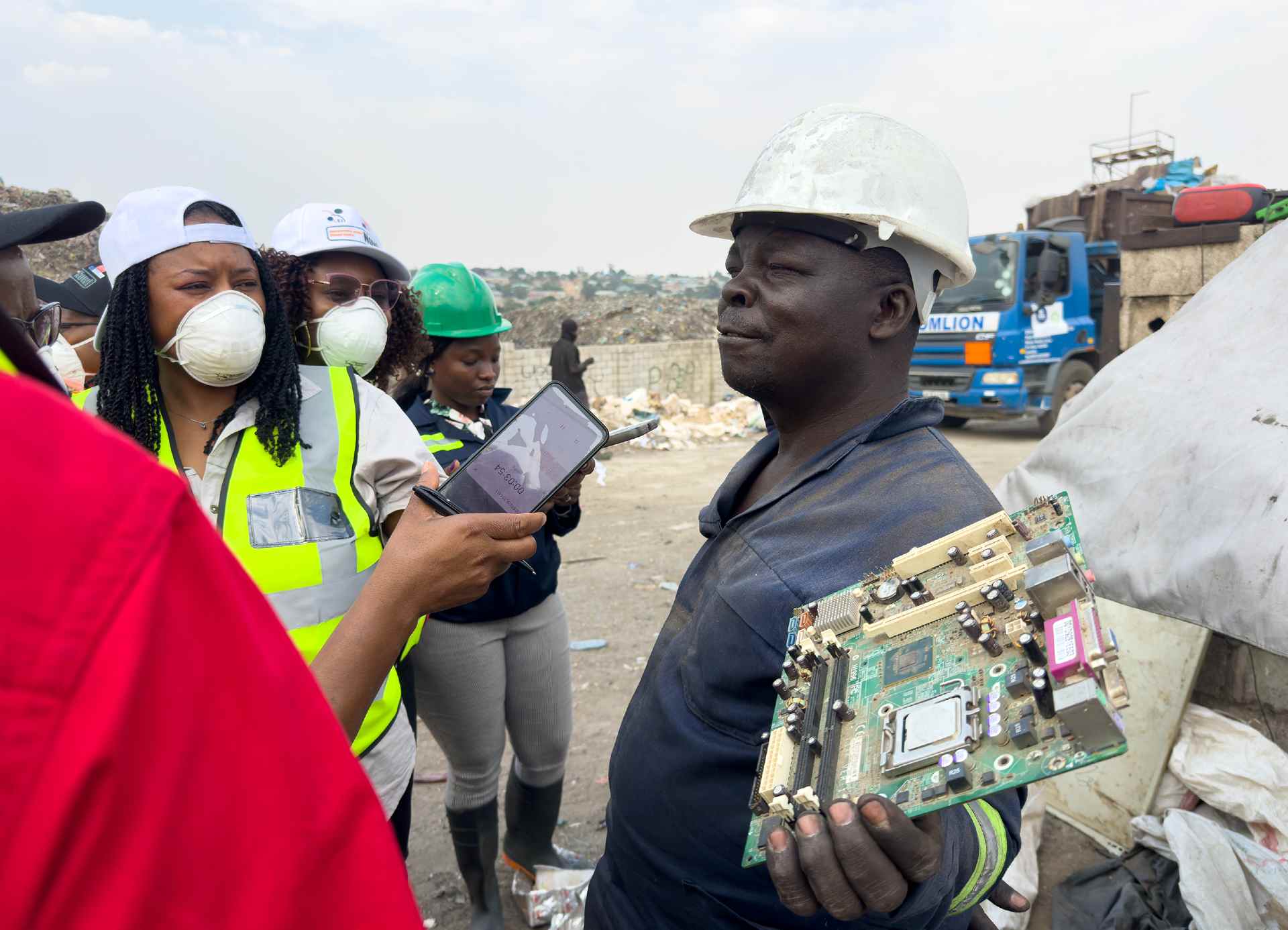
Strengthening environmental journalism
For many participants, the micro conference changed their perspective on getting environmental issues into the mainstream news. It likewise reaffirmed their commitment to public-interest journalism and provided references from peers and mentors to sustain their work, making it more appealing to the communities we speak to.
“Environmental reporting should not be a niche, it is a necessity,” Joseph Mwenda concluded. “Every investigation and every story we tell about environmental degradation or displacement is a story about human lives. Let’s make our voices heard.”
Strengthening Respect for Environmental Rights in Zambia, implemented by Hivos with support from the European Union in Zambia, works with and trains journalists to use their platforms to hold power to account and amplify community voices. Its Climate Check program airing every week on ZNBC is one such platform leading the environmental conversation.

